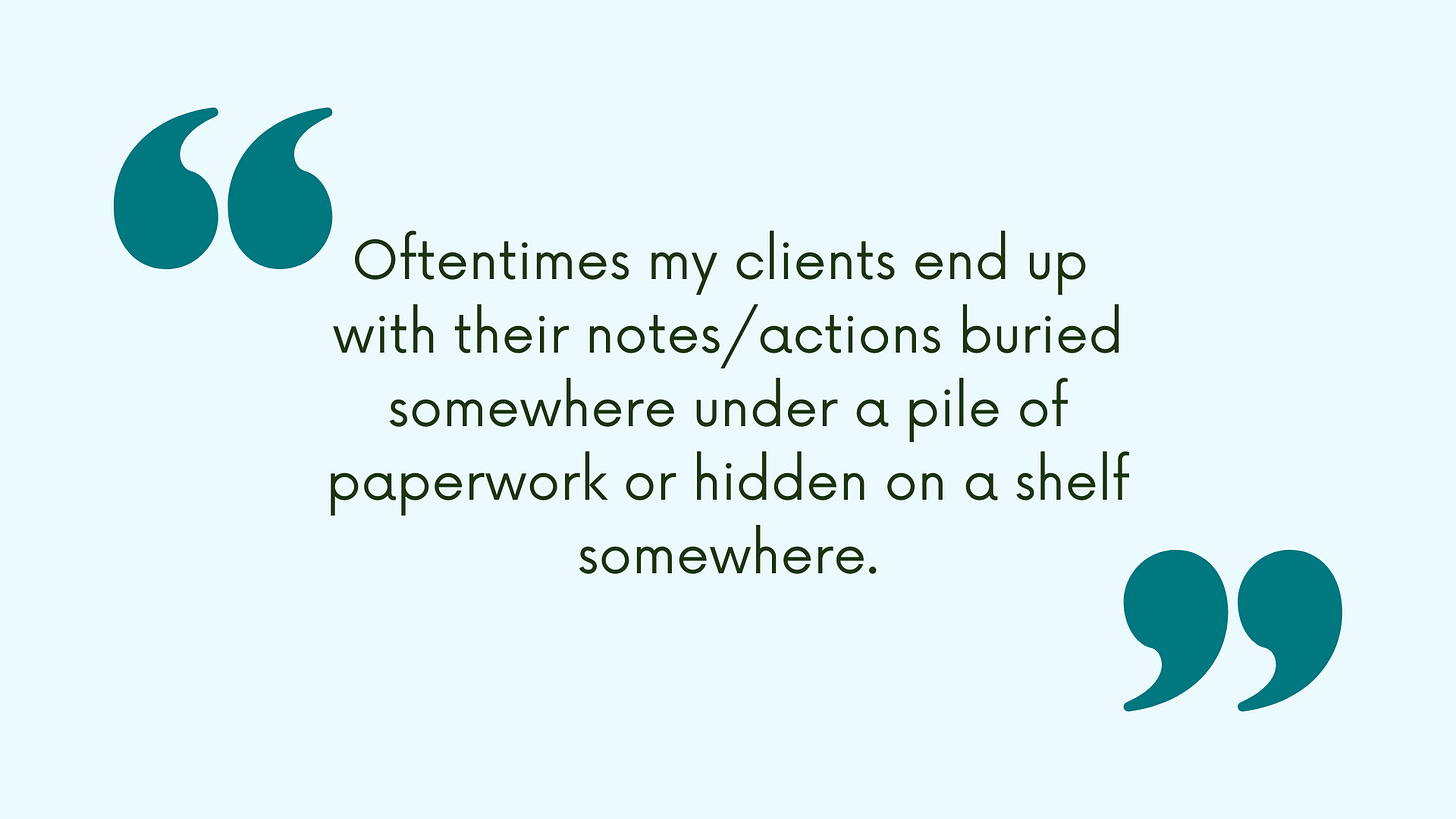Coach Tales: Ferzeen Anis
Unleashing the potential of individuals and organisations
Coaches do incredible work everyday, however, a lot of this work happens behind closed doors. So we, at Medoo, have made it our mission to highlight and augment the extraordinary work of coaches. We are relishing the opportunity to get to know our early adopters deeply, as we build our product and community.
Next in our series of coaches’ profiles, we’re delighted to introduce Ferzeen Anis! In this post we look at how individuals and organisations can unleash their deep potential through coaching.
Ferzeen, we love that you have a background in Team Facilitation which led to your current role as a Coach. Could you please tell us a bit about your journey and how you got into coaching?
My career began in an IT project in a financial services organisation, and I had just graduated with a degree in Arts! With no related domain experience or study to lean on, I grew professionally purely by learning on the job, and especially from mentors. I became deeply aware of people’s ability to learn, to grow, and to really find the potential within ourselves to overcome our challenges. So I became increasingly passionate about training, mentoring and facilitation; all skills designed to help the people I work with learn and continuously improve.
As my experience broadened, I met professional coaches, and I was taken aback by how hugely they impacted my own growth through even casual conversations. I learnt more about this skill, was coached by colleagues or peers over many years, until I felt I was ready to begin coaching people professionally. I still felt the need to undergo formal training, and it was only after that experience, combined with many hours of practicing coaching with my fellow trainees, and being mentored specifically by an accredited coach, that I began to offer my services formally as a personal and professional coach.
What an incredible journey of discovery, from Arts to IT to coaching! Thank you for sharing that with us. Over the years of being a coach, are there any pivotal or peak moments you would like to describe in more detail for us?
A key realisation I made was the concept of ‘unlearning’: that is, for people to learn or action something new, there is often something, usually subconscious, that they have to unlearn. Without this ‘active unlearning’, we continue to hold many beliefs or ideas that limit our ability to learn or grow.
My earliest “Aha!” moment with coaching was learning that there are people who can’t be coached: and this is not to do with their disposition, but rather whether or not they have invited the coaching effort. As a mentor once put it: “Coaching without being asked for it is like inflicting help”.
A pivotal moment in my career was when, after having worked with a team for about a month, in my second 1:1 with one of the team members, I asked for feedback. I have been so grateful with what I received from them. They told me that they were actually quite confused about what a coach does and how it would help them, and wished I had explained it to them and introduced myself more formally when I joined the team. I had foolishly simply responded to a ‘role description’ that asked for a coach, and it had never occurred to me that the people in the team had perhaps had no say in this request, let alone understanding of it. I have since ensured, even when people actively approach me for coaching services, that I have a transparent conversation with all involved about what coaching entails, and the expectations of both the coach and the coachee(s) from the relationship.
Could not agree more that setting expectations early is so important to the success of professional and personal relationships! This leads us very nicely to our next question: drawing on your experience, could you perhaps describe the value of coaching to individuals, and to organisations?
Human beings are uniquely equipped to solve problems and to deal with change. That is after all, our evolutionary story. In today’s world, whether in professional lives or personal lives, a lot of us deal with more complexity and uncertainty than ever before, especially as our modes of connecting and communicating have evolved so much. Thriving in uncertainty and in complexity requires us to tap into our deep roots of being able to respond to change, and overcome our natural ‘fight, flight or freeze’ responses to threats (which change triggers). Coaching unleashes that deep potential within people to meet change, whether as an individual or as part of an organisation, and supercharges their ability to grow from it.
We’re sure that many people can relate to your thoughts on thriving in uncertainty and complexity! Changing directions slightly: what are some of the biggest challenges you have faced in your coaching work?
Following through! The work from coaching continues outside the session; people must continue to practice what they learn from the coaching in their everyday lives, to really benefit from it. Oftentimes my clients end up with their notes/actions buried somewhere under a pile of paperwork or hidden on a shelf somewhere. Sometimes clients see the coaching sessions as an opportunity to vent or they park their problem solving efforts for the sessions only. At other times I have also made the mistake of not following up on actions we co-created at a previous session. I find the experience of coaching improves as both the coach and coachee spend more time together learning about each other’s behaviours and actions, and therefore time from both parties is something most coaching engagements need but sometimes don’t receive.
Some of these challenges are exactly what we are aiming to solve through Medoo! Which brings us to our next question: what are your thoughts on how coaching might evolve in the future?
I think the evolution has already begun. Coaching is becoming more scientific and therefore more universally recognised as a necessary part of our personal and professional lives. I think there will always be an element of an art form involved : knowing the neuroscience or physiology of coaching will be beneficial for coaches and coachees, but it will really depend on the coach’s breadth and depth of experience to leverage those tools and be able to expertly work with people, and I think there will (unfortunately) be very few coaches in the world with a high level of expertise given it’s not always a financially or emotionally viable path to be a coach ‘full-time’ . Having said that, my hope is that coaching is afforded more weight as a profession, which would in turn allow more people to be interested in coaching and therefore make it a far more attractive, supported and sustainable profession.
Are there any other thoughts or comments or callouts you would like to add?
If you’ve never been coached before, just ask someone! Most coaches I know would be happy to offer a pro-bono session, and it is the best way for you to learn whether coaching is right for you/your situation.
If you’re looking to get into coaching, I highly recommend doing some formal training and practice, as the on-the-job learning of this skill is good but slow at teaching you the skills to the level needed for you to be able to practice it professionally.
Thank you so much for sharing your thoughts with us, this was very insightful for us! Last question, what is the best way for people to find and/or follow you online?
Please connect with me on LinkedIn: Ferzeen Anis.
At Medoo, our mission is to help people design and live intentional lives. We seek to create a deep connection between coaches and their clients by bringing to life a purpose-built coaching companion tool.
If you are interested in trialling Medoo, or have any questions/feedback for us, please get in touch with us via email on hey@medoo.life.






